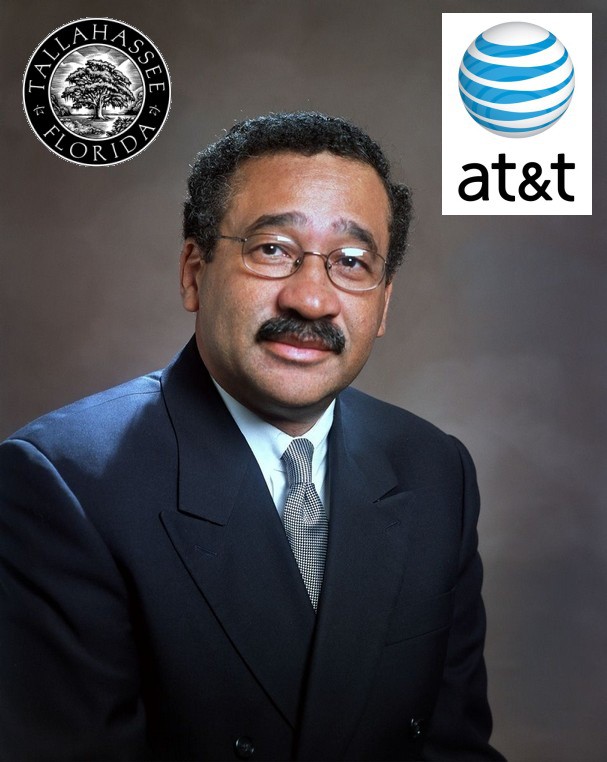 Canadians looking for more competitive wireless prices and faster service may think they’re going to get them if they sign on to a new campaign sponsored by Rogers Communications that calls on the Canadian government to eliminate spectrum “set-asides” for the country’s smaller wireless competitors. Rogers wants those frequencies for itself, critics charge, and they have the resources to outbid any new player in the country’s wireless market.
Canadians looking for more competitive wireless prices and faster service may think they’re going to get them if they sign on to a new campaign sponsored by Rogers Communications that calls on the Canadian government to eliminate spectrum “set-asides” for the country’s smaller wireless competitors. Rogers wants those frequencies for itself, critics charge, and they have the resources to outbid any new player in the country’s wireless market.
From Rogers’ “I Want My LTE” Website:
[…] There are some who are supporting a Federal Government regulation that would limit who can have access to the spectrum. Such regulation would exclude select companies from the upcoming auction to license the 700 MHz spectrum band. The outcome of this auction will have a major impact on deploying LTE across Canada. If a decision is made that prevents certain companies, including Rogers, from participating in the spectrum auction, it would be a recipe for leaving Canada behind the rest of the world, stalling Canadian innovation and limiting who can access LTE.
The website offers a pre-written plea to policymakers in government to allow for an open bidding process for the forthcoming 700MHz frequencies many wireless companies crave for their robust performance.
 The problem is, according to industry observers, if a wide-open, no-limits auction takes place, it’s a virtual certainty Canada’s largest wireless companies — Bell, Telus, and Rogers, would walk away with most, if not all of the auctioned spectrum. Even worse, it will stall competition that will lead to lower prices.
The problem is, according to industry observers, if a wide-open, no-limits auction takes place, it’s a virtual certainty Canada’s largest wireless companies — Bell, Telus, and Rogers, would walk away with most, if not all of the auctioned spectrum. Even worse, it will stall competition that will lead to lower prices.
“The future of affordable wireless rates is at risk, not the future of long-term evolution (LTE) networks,” said Chief Operating Officer Stewart Lyons. “Mobilicity has helped bring down the cost of wireless in Canada significantly and we need to augment our limited amount of spectrum to ensure affordable pricing continues.”
“[The] big 3 wireless carriers have more spectrum than they need and will stop at nothing to dress up and misrepresent their hidden agenda of eliminating competition so they can raise their rates back up again,” he added.
The government is not planning to ban Rogers and the others from the spectrum sale. They just want to set aside some frequencies for bidding among the smaller, newer competitors. But even that is too much for Rogers, who has bad memories from the last spectrum auction that allowed those competitors to become established in the first place.
Today, new cell service providers like Wind Mobile, Mobilicity and Quebecor’s Videotron are forcing larger carriers to reduce prices or lose business.
For some Canadians, wireless bills have dropped a lot since the competition arrived. Some are leaving Rogers in favor of better prices elsewhere.
Andy Lehrer from Toronto had a cellular plan with Fido, an ostensibly independent cell phone company that is, in fact, owned outright by Rogers Communications. Lehrer was paying Fido $150 a month for his Blackberry voice and data plan. Today, with one of the new competitors, he pays $44 a month for a plan that offers more data and talk time.
Although new competitors still have just under 5 percent of the Canadian market, the price differences have become too enormous to ignore in many cases, especially if a customer is willing to give a new carrier a break as it works through growing pains.
Lehrer told the Globe & Mail his cellular reception is poorer, but not bad enough to make him switch back to Rogers’ Fido.
Convergence Consulting Group Ltd. notes the price disparities mean savings as much as 58 percent with new competitors’ combined voice and data plans. For data services alone, new providers charge as much as 83 percent less.
If Rogers and the two others head home from spectrum auctions with everything up for bid, it will assuredly stall competition and help protect today’s high wireless prices. Rogers, Bell, and Telus have never seen fit to undercut each other, adopting a rising prices raise all balance sheets-approach at doing business. But scrappy new entrants like Wind and Mobilicity are willing to slash prices to attract customers. But nobody will buy service if those companies cannot obtain necessary spectrum to actually compete.
Regardless of the outcome, North America in general has a long way to go to find the lower wireless prices commonplace abroad.


 Subscribe
Subscribe








